Aromatherapy is a holistic therapy that utilizes natural plant extracts, also known as essential oils, to improve the physical, emotional, and mental well-being of an individual.
The term aromatherapy is derived from two words, aroma and therapy, which suggests the use of scent to enhance health and well-being. Essential oils are extracted from the leaves, stems, flowers, roots, and other parts of plants and are highly concentrated. When used properly, essential oils can provide a wide range of benefits, from relaxation and stress relief to pain relief and immune support.
A Brief History
Aromatherapy has been used for thousands of years in various cultures around the world. The ancient Egyptians used essential oils in their religious and healing practices, while the Greeks and Romans used essential oils for their medicinal properties. In India, essential oils were used in Ayurvedic medicine to treat a wide range of health conditions.
During the Middle Ages, the use of essential oils declined in Europe due to the rise of the pharmaceutical industry. However, the practice of aromatherapy was revived in the early 20th century by a French chemist named René-Maurice Gattefossé. Gattefossé discovered the healing properties of lavender oil when he accidentally burned his hand and plunged it into a vat of lavender oil. He found that the oil helped to heal his burn quickly and without infection.
Types of Aromatherapy
Aromatherapy can be administered through various methods, including inhalation, topical application, and ingestion. The most common methods of aromatherapy include:
- Inhalation: Inhalation is the most common method of aromatherapy. This involves breathing in the aroma of essential oils through the nose or mouth. Inhalation can be done through a diffuser, which disperses essential oils into the air, or by placing a few drops of essential oils on a tissue or cloth and inhaling the aroma.
- Topical Application: Topical application involves applying essential oils directly to the skin. Essential oils can be diluted with a carrier oil, such as jojoba oil or coconut oil, and applied to the skin during massage or added to a warm bath.
- Ingestion: Ingestion involves consuming essential oils orally. However, it is important to note that not all essential oils are safe for ingestion, and it should only be done under the guidance of a trained aromatherapist or healthcare professional.
Safety Considerations When Using Essential Oils
While essential oils can provide a wide range of benefits, they should be used with caution. Essential oils are highly concentrated and can cause skin irritation, allergic reactions, and other adverse effects if not used properly. Some essential oils, such as peppermint and eucalyptus, can be toxic when ingested in large quantities.
- When using essential oils, it is important to follow these safety guidelines:
- Dilute essential oils with a carrier oil before applying them to the skin.
- Do not ingest essential oils unless under the guidance of a trained aromatherapist or healthcare professional.
- Test essential oils for skin sensitivity before using them topically.
- Keep essential oils out of reach of children and pets.
- Store essential oils in a cool, dry place, away from direct sunlight.
- Use essential oils in moderation.
When choosing essential oils, it is important to choose high-quality oils from reputable sources. Look for oils that are 100% pure and have not been adulterated with synthetic chemicals. Essential oils should also be stored properly to maintain their potency and effectiveness.
Conclusion
Aromatherapy is a natural and holistic therapy that can provide a wide range of benefits for the physical, emotional, and mental well-being of an individual. Essential oils can be administered through inhalation, topical application, and ingestion, but it is important to use them with caution and under the guidance of a trained aromatherapist or healthcare professional. By incorporating aromatherapy into your daily routine, you can improve your health and well-being in a safe and natural way. Whether you are looking to relieve stress, improve sleep, boost immunity, or alleviate pain, there is an essential oil that can help.
Aromatherapy
-

Use Essential Oils to Transform Your Laundry
Laundry is a routine task that can be transformed into a delightful experience with the addition of essential oils. These natural aromatic extracts not only infuse your clothes and linens with a pleasant scent but also offer additional benefits such as freshness and relaxation. Let’s explore three essential oils that are perfect for laundry, when…

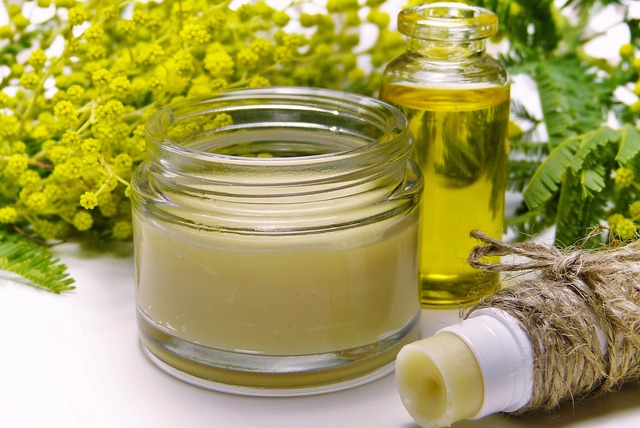

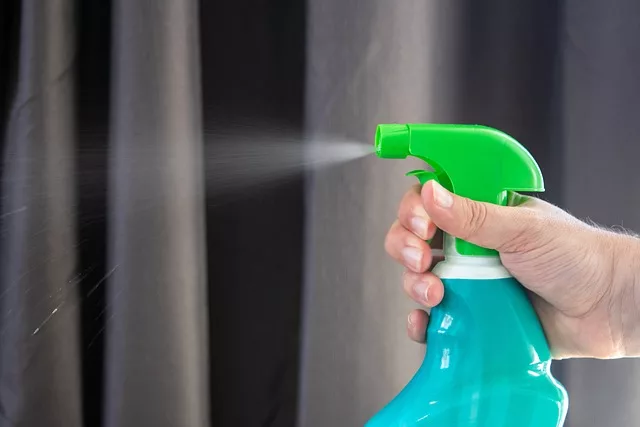
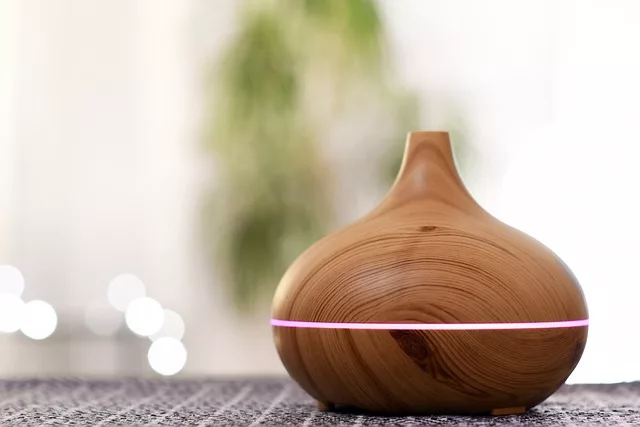

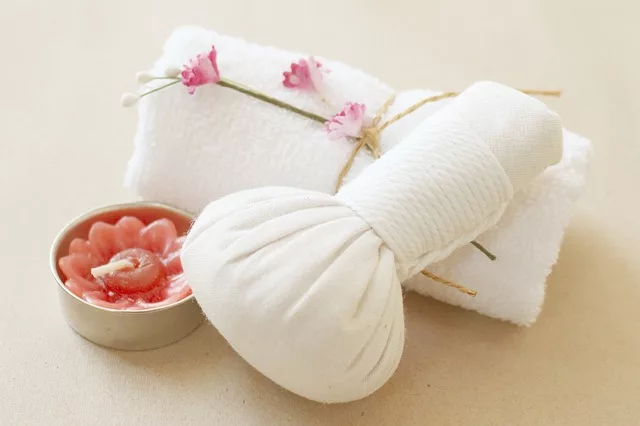
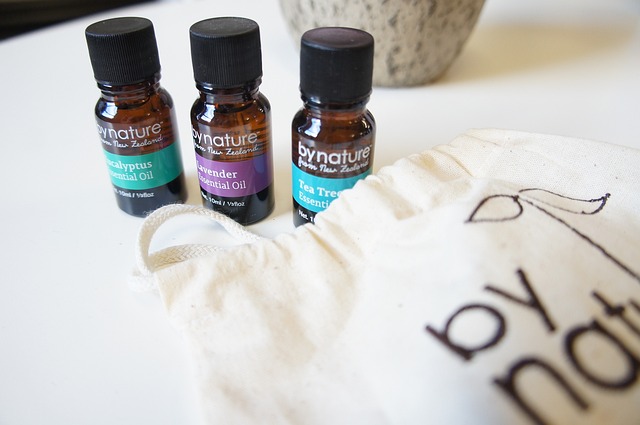
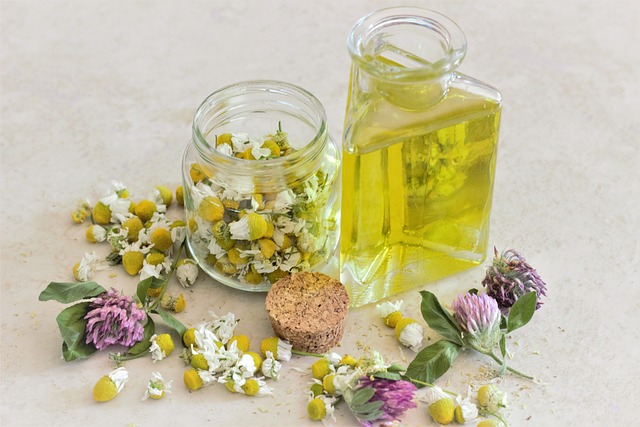
Leave a Reply